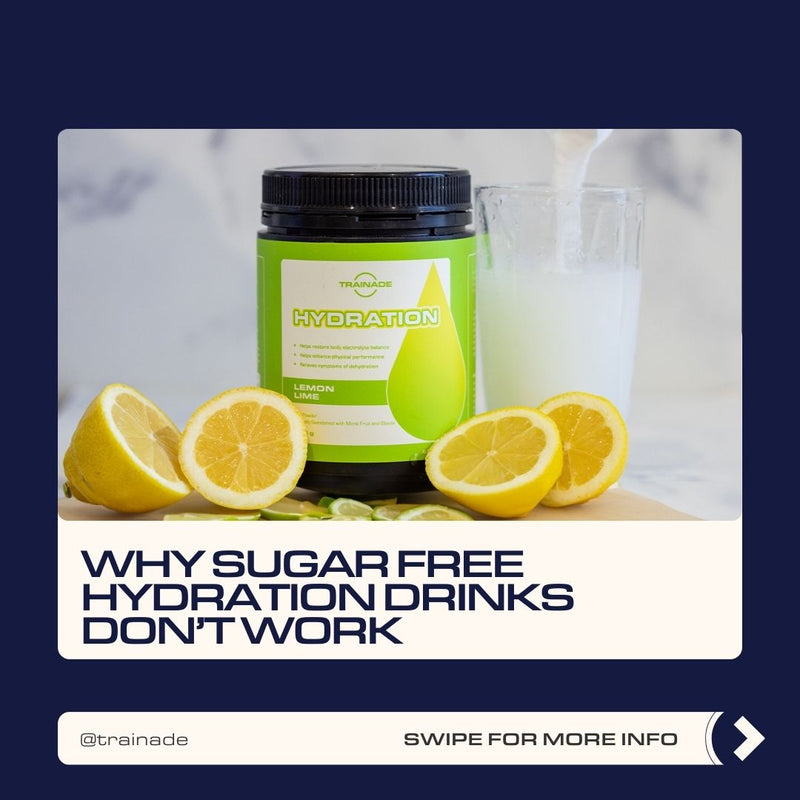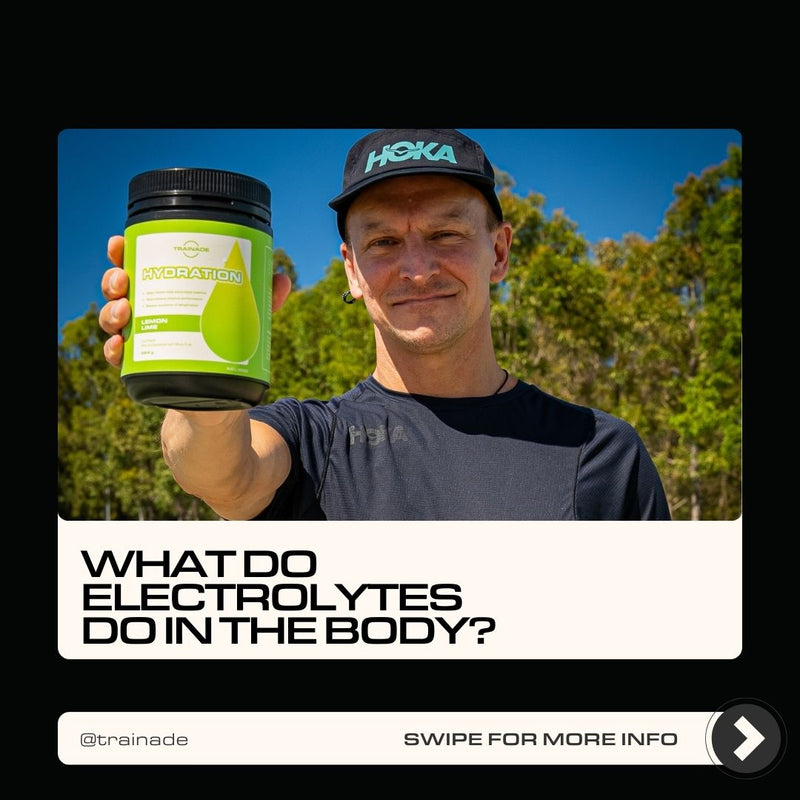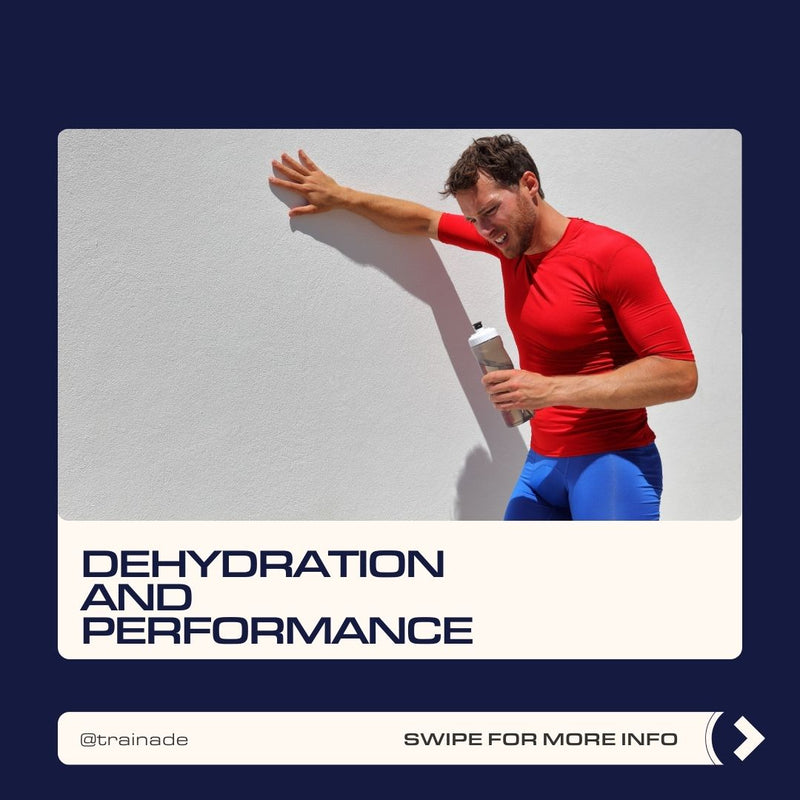Generally, when we talk about hydration, the two major focuses that we have are water and electrolytes. This is because our hydration status and the amount of water that we are able to absorb is largely controlled by the ratio of water to electrolytes in our body, as well as the speed that we can absorb the water that we drink.
However, an overlooked part of optimising hydration is the use of glucose.
The role of glucose in hydration
Glucose is used in small amounts by our body as cotransporters for water and electrolytes. This means that glucose acts as a helper for the absorption of water and electrolytes into our bloodstream and therefore into our cells.
The transport of water into our body from the small intestine is largely done by a cotransporter called SGLT-1. This cotransporter is boosted by the presence of glucose and sodium. Because of this, having small amount of glucose in hydration solutions will allow for faster and more optimal water absorption.
How much glucose is needed?
The amount of glucose needed for these effects is relatively small and will likely not lead to any major increases in total carbohydrate intake for the day.
In trainade, the amount of glucose used is 7.5g per serve. This leads to SGLT-1 being enhanced without unnecessarily increasing the amount of total glucose in the body.
Will more glucose increase how quickly you hydrate?
Although glucose is important for increasing the speed of hydration, there is a limit on how much glucose is necessary to maximise hydration. In fact, too much glucose can lead to high blood sugar levels which can be detrimental for your health long-term.
Will this spike blood sugar?
Spikes in blood sugar occur due to the total glycaemic load of a carbohydrate. The higher the glycaemic load, the more your blood sugar will spike.
Glycaemic load is a combination of the total amount of carbohydrates as well as the GI of the carbohydrate, meaning how quickly it is absorbed by the body. Because carbohydrates with a low GI will be absorbed slower, it will not spike blood sugar levels as much, however, if a large amount of low GI carbohydrate is consumed, your blood sugar will still raise significantly.
Because the amount of glucose used in hydration solutions such as trainade is relatively small, there will be no significant spike in blood sugar levels even though the GI of the carbohydrate is high.




